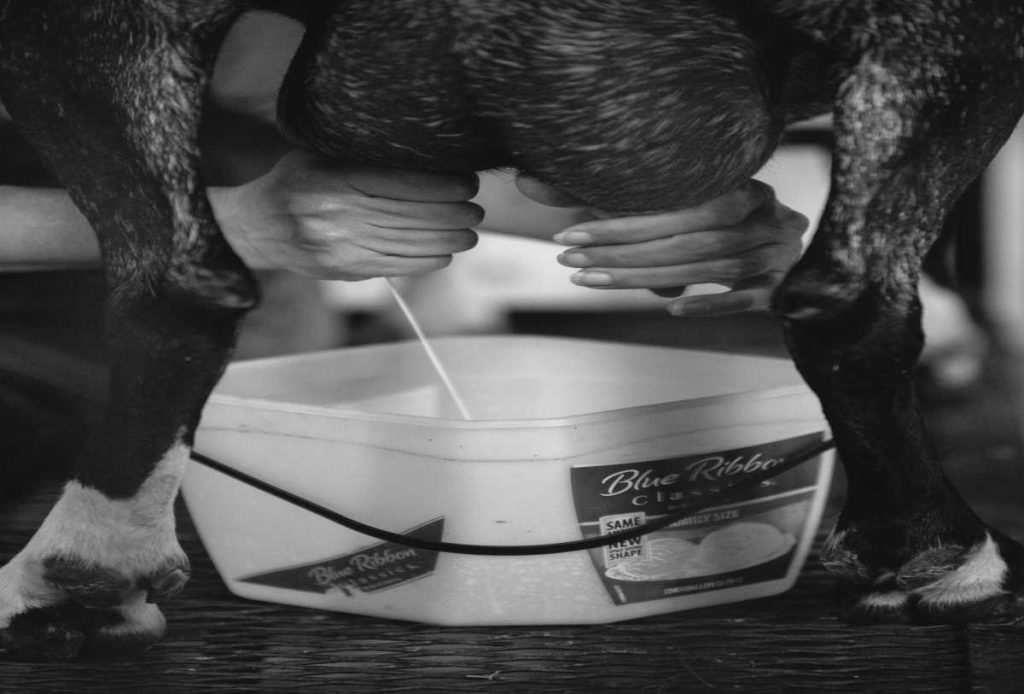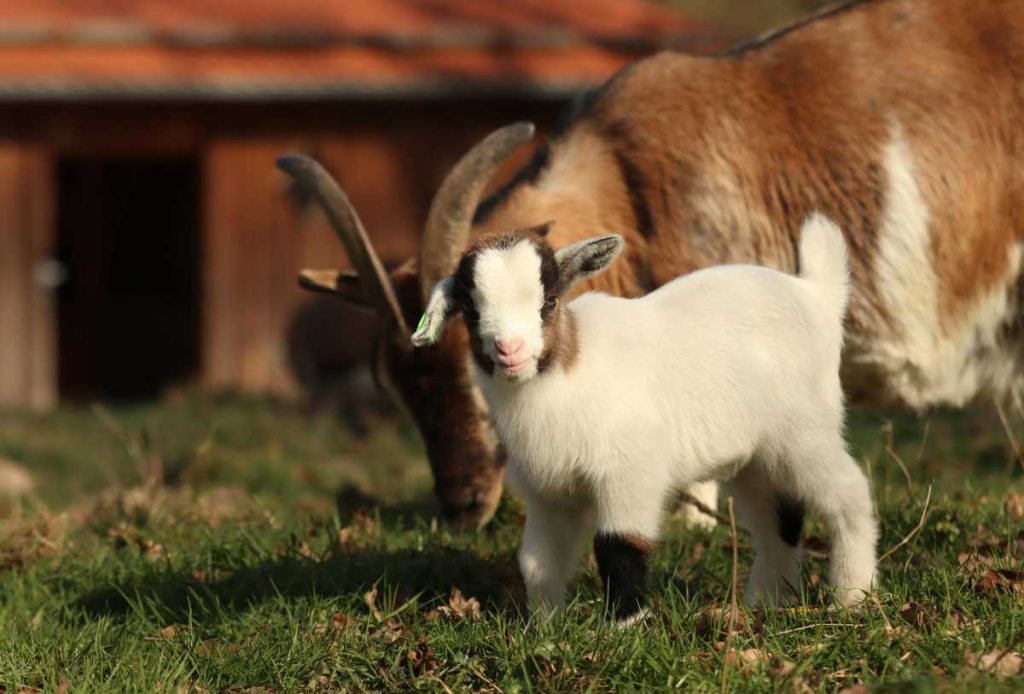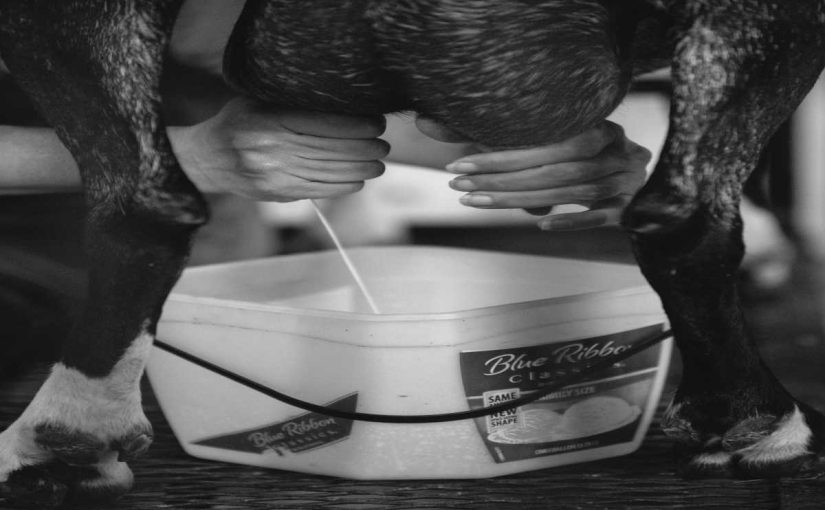Goat Milk Soap: What is it?
Goat milk soap is a natural skincare product made from goat’s milk, which has been used for centuries due to its many skin benefits. This soap is known for being moisturizing, gentle, and rich in nutrients. Goat milk is loaded with vitamins, minerals, and fatty acids that help nourish and protect the skin, making it a popular choice for people with sensitive or dry skin.
While commercially produced goat milk soaps are readily available, many people choose to make their own. Homemade goat milk soap allows you to control the ingredients, ensure it’s fresh, and customize it to suit your skin’s needs.
Benefits of Goat Milk Soap
- Moisturizes and Nourishes the Skin Goat milk is rich in natural fats that help moisturize the skin, making it ideal for people with dry skin or conditions like eczema and psoriasis. The fatty acids in goat milk soap provide a natural barrier that helps lock in moisture, leaving the skin soft and hydrated.
- Contains Vitamins and Nutrients Goat milk is packed with vitamins, including vitamin A, B vitamins, vitamin D, and vitamin E. Vitamin A is known for its ability to repair skin tissue, while vitamin E is an antioxidant that helps protect the skin from damage caused by free radicals. The B vitamins help improve skin texture and promote a healthy complexion.
- Gentle and Non-Irritating Unlike many commercial soaps that contain harsh chemicals, goat milk soap is naturally gentle and soothing. The lactic acid in goat milk helps to exfoliate the skin while also promoting skin cell regeneration, giving the skin a smoother and more youthful appearance. Goat milk soap is an excellent option for people with sensitive skin as it is less likely to cause irritation or allergic reactions.
- Helps with Acne and Blemishes Goat milk soap contains lactic acid, which has mild exfoliating properties. This can help to remove dead skin cells, unclog pores, and prevent the buildup of dirt and oil. For those who suffer from acne, goat milk soap can help keep the skin clear and promote a healthy, glowing complexion.
- Supports Healthy Aging The high levels of antioxidants in goat milk soap, like vitamin E, can help reduce the appearance of fine lines and wrinkles. Regular use of goat milk soap can leave your skin looking more youthful and radiant.
- Naturally Antibacterial Goat milk soap has natural antibacterial properties that can help cleanse the skin and fight harmful bacteria. This is especially beneficial for those with oily or acne-prone skin, as it can help prevent the spread of bacteria that cause breakouts.

How to Make Goat Milk Soap: A Step-by-Step Guide
Making goat milk soap at home is a fun and rewarding process. Below is a simple guide to help you create your own batch of nourishing goat milk soap.
Ingredients You’ll Need:
- Goat Milk (1 cup) – You can either use fresh goat milk or store-bought goat milk.
- Olive Oil (1/2 cup) – Provides moisturizing properties and is rich in antioxidants.
- Coconut Oil (1/2 cup) – Gives the soap a nice lather and is also hydrating.
- Lye (Sodium Hydroxide) (about 1/4 cup) – Lye is necessary for the saponification process, where oils turn into soap.
- Distilled Water (1/4 cup) – To dilute the lye before combining it with oils.
- Essential Oils (optional, about 20 drops) – For fragrance. Some popular options include lavender, tea tree, or chamomile essential oils.
- Herbs or Additives (optional) – You can add dried herbs, oatmeal, honey, or other natural ingredients for added texture and benefits.
Equipment Needed:
- Soap mold
- Immersion blender or whisk
- Mixing bowls (preferably heat-resistant)
- Thermometer
- Rubber gloves and protective eyewear (because of the lye)
- Wooden spoon or spatula
Step-by-Step Process:
- Prepare Your Work Area: Before you start, gather all your ingredients and equipment. Since you’ll be working with lye, it’s important to take safety precautions. Wear gloves and protective eyewear, and work in a well-ventilated area.
- Prepare the Goat Milk: If you’re using fresh goat milk, freeze it into ice cubes beforehand. Freezing the milk helps prevent it from getting too hot when mixed with lye, which can cause the milk to scorch. If using store-bought goat milk, measure out 1 cup.
- Mix the Lye and Water: In a heat-resistant bowl, slowly add the lye to the distilled water. Always add lye to water, never the other way around, as it can cause a dangerous reaction. Stir until the lye is completely dissolved. This mixture will heat up quickly, so set it aside to cool.
- Heat the Oils: In a separate pot, combine the olive oil and coconut oil. Gently heat the oils until they are fully melted. Use a thermometer to monitor the temperature. The oils should be between 100-110°F (38-43°C).
- Combine the Lye Solution and Oils: Once both the lye solution and oils have cooled to around the same temperature (between 100-110°F), carefully pour the lye solution into the oils. Use an immersion blender or whisk to mix them together until the mixture reaches a light trace. This means that when you lift the blender or whisk, a trail of soap should remain visible in the mixture.
- Add Goat Milk and Optional Ingredients: Now, gently add the goat milk to the mixture, blending it in thoroughly. If you’re adding essential oils, herbs, or other additives, now is the time to mix them in. Be careful not to overmix, as the soap can become too thick.
- Pour the Soap into Molds: Once your mixture is ready, carefully pour it into your soap molds. Tap the molds on the counter to remove any air bubbles.
- Cure the Soap: Cover the soap with a towel and allow it to set for 24 to 48 hours in a cool, dry place. Once it’s firm enough to remove from the mold, cut the soap into bars.
- Allow the Soap to Cure: Even though your soap may feel firm after a day or two, it needs to cure for about 4-6 weeks to allow the lye to completely neutralize and for the soap to harden. Store your soap in a dry, cool place with good airflow.
Tips for Making Goat Milk Soap:
- Avoid heating goat milk directly: To prevent scorching, always mix it with the lye slowly and carefully. You can freeze the milk beforehand to keep it cool.
- Customize with fragrances: Essential oils not only add fragrance but also come with additional skin benefits. Lavender oil is soothing, while tea tree oil is great for acne-prone skin.
- Experiment with add-ins: You can add other natural ingredients like oatmeal for exfoliation, honey for its antibacterial properties, or dried flowers like chamomile for a beautiful touch.
- Use silicone molds: Silicone molds are flexible and make it easier to remove your soap once it has cured.
Conclusion
Goat milk soap is an excellent way to care for your skin, thanks to its moisturizing, gentle, and nourishing properties. Whether you make it at home or buy it from a store, goat milk soap can provide a natural alternative to commercial soaps that are often loaded with harsh chemicals. Making your own soap at home gives you the freedom to customize it with essential oils, herbs, and other beneficial ingredients, ensuring you have a high-quality, all-natural product for your skincare routine. If you’ve never tried goat milk soap, now is the perfect time to discover its many benefits!





